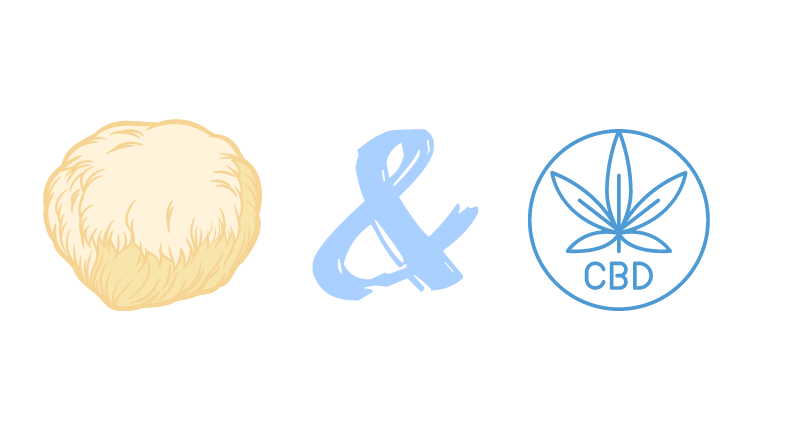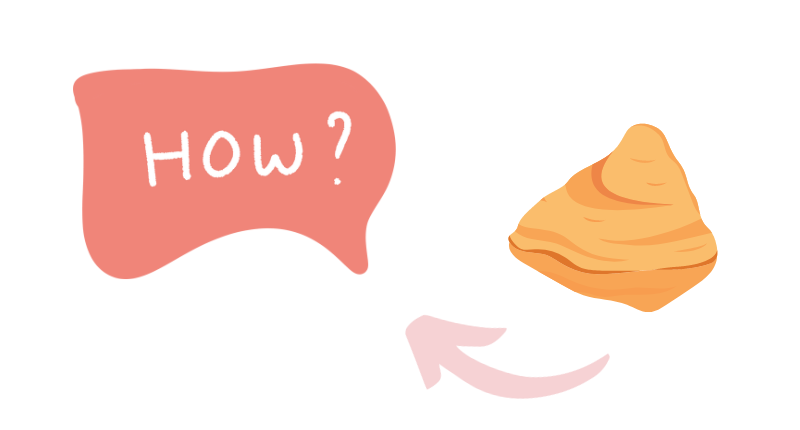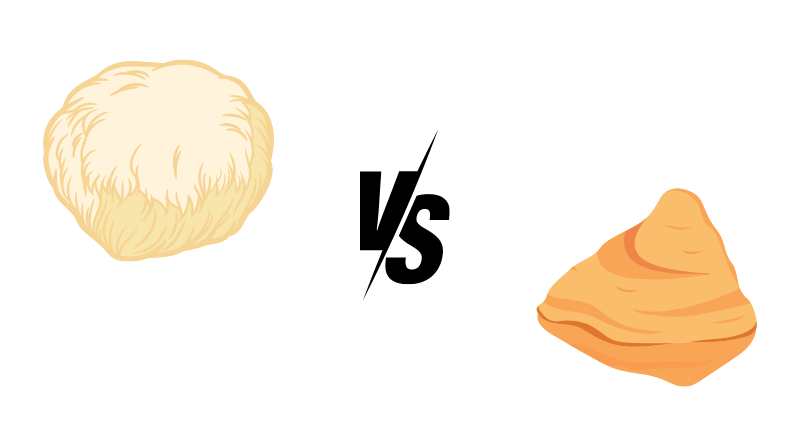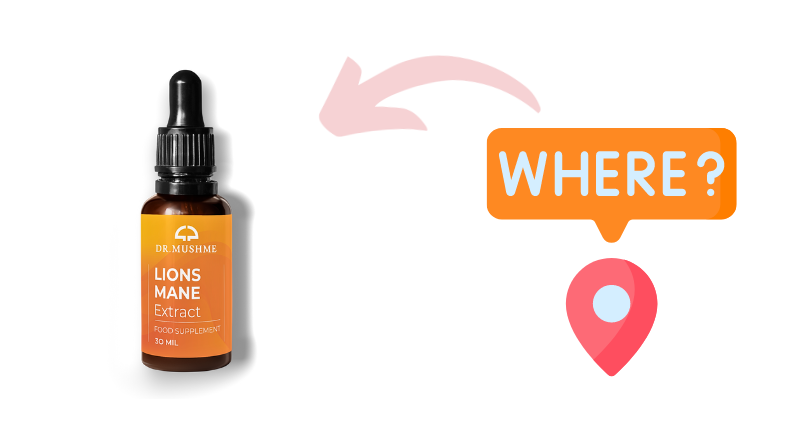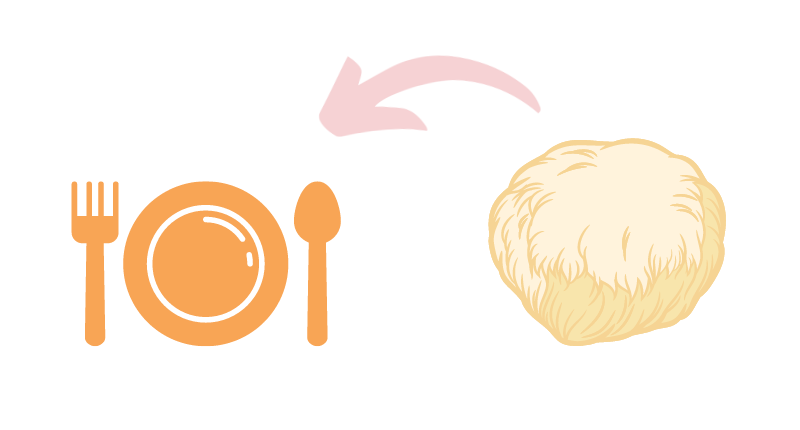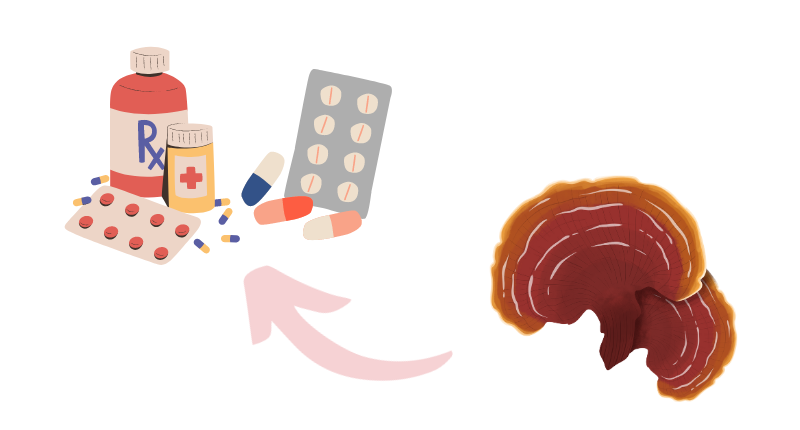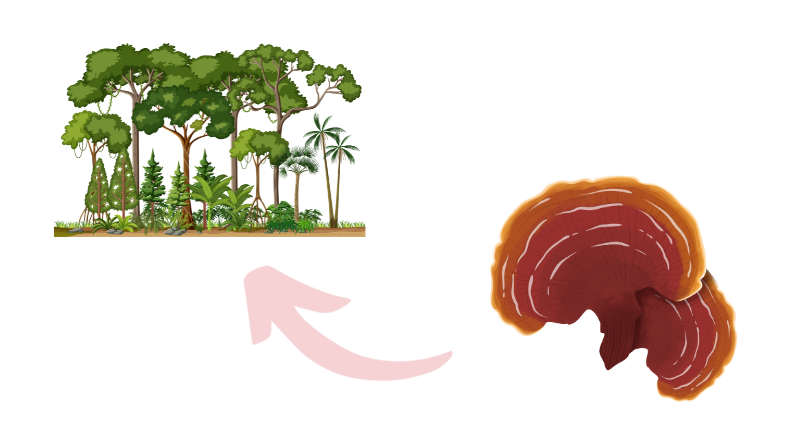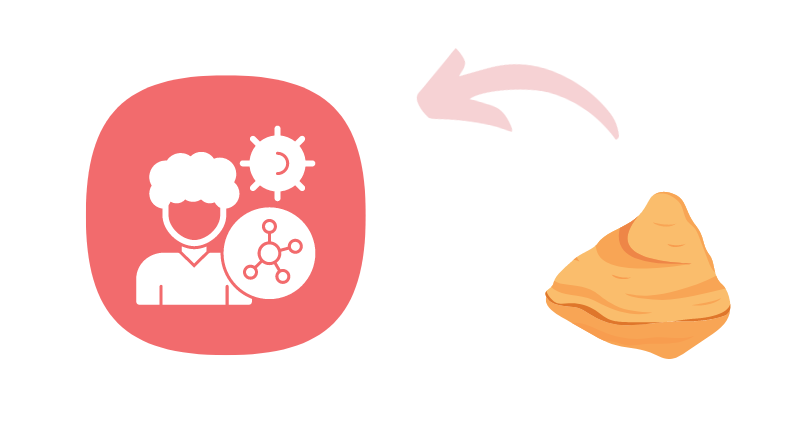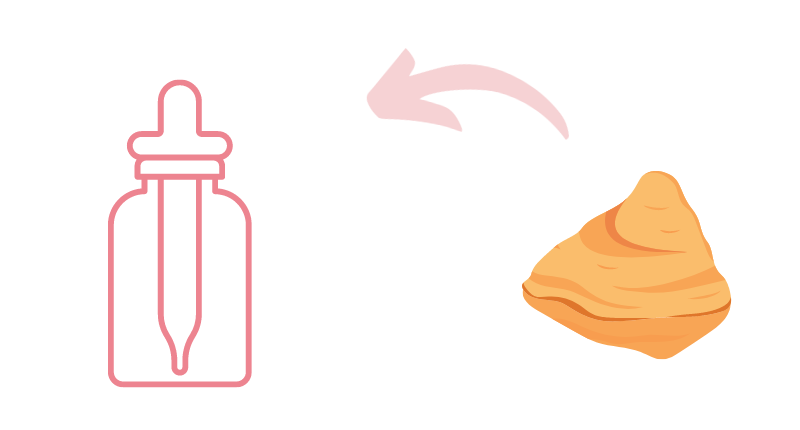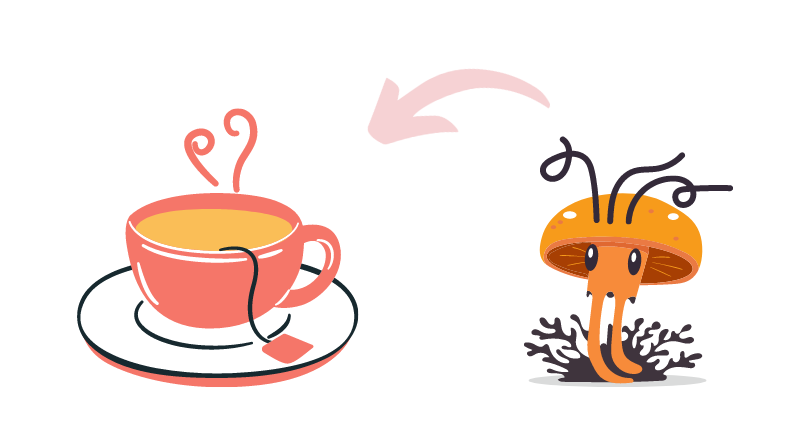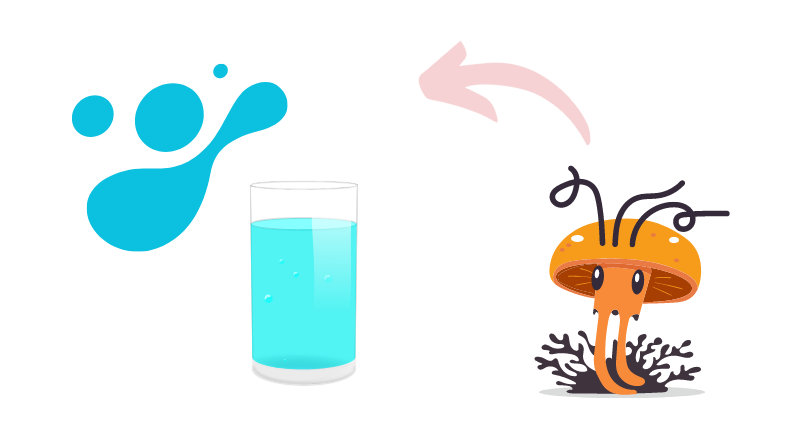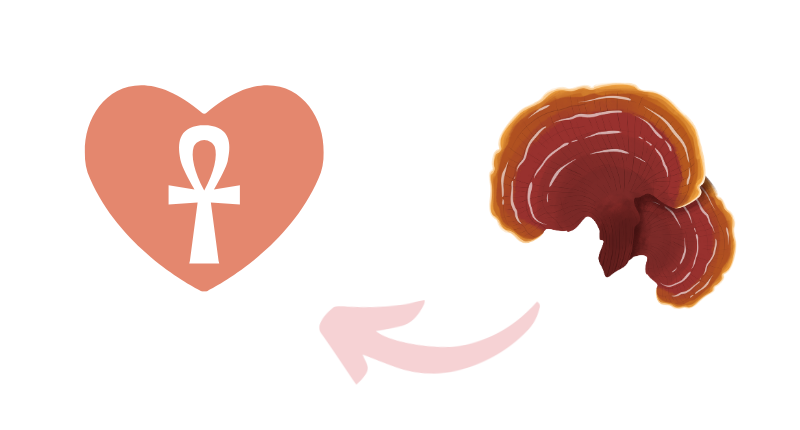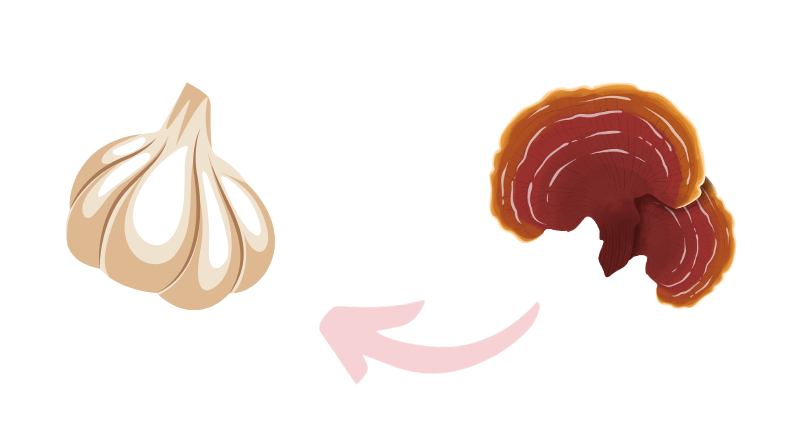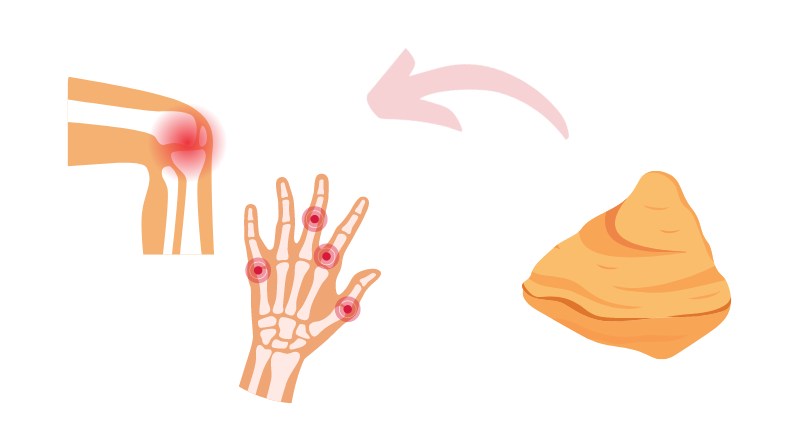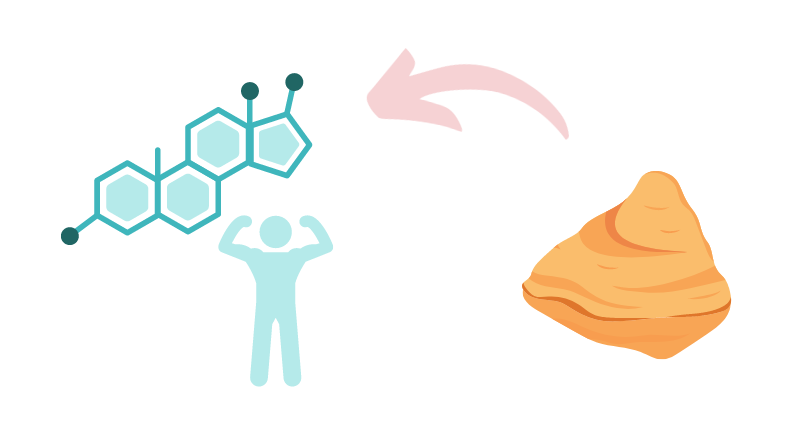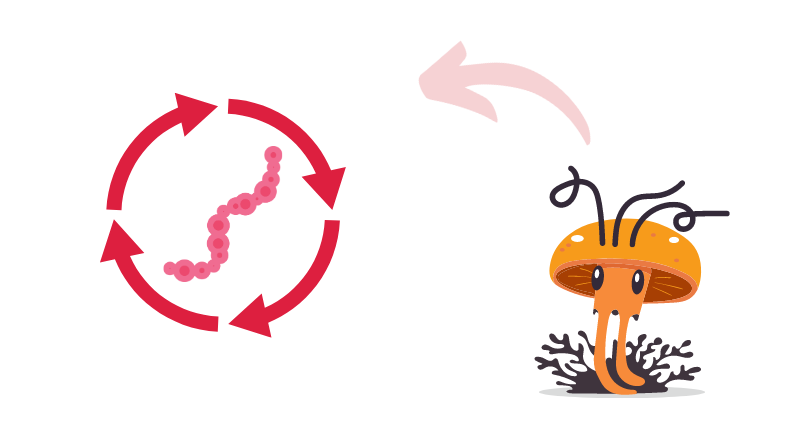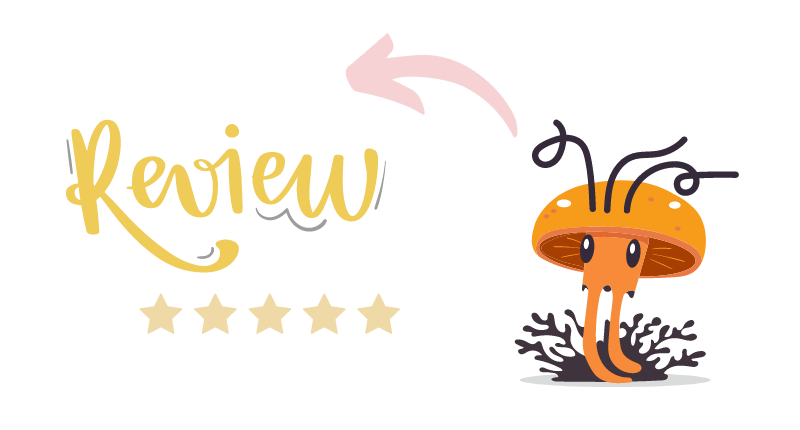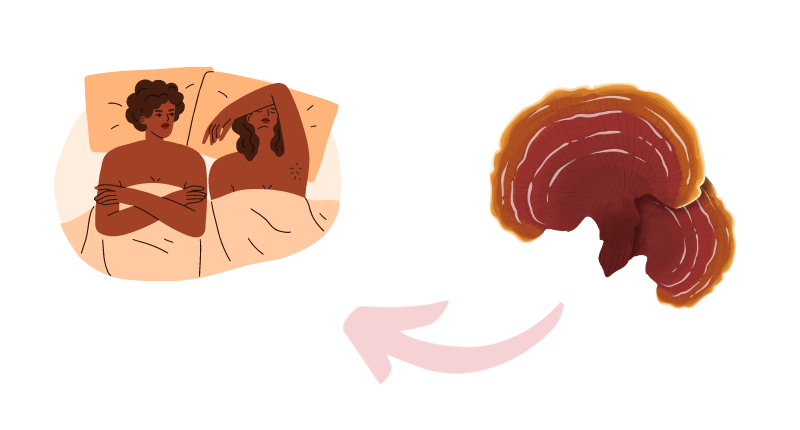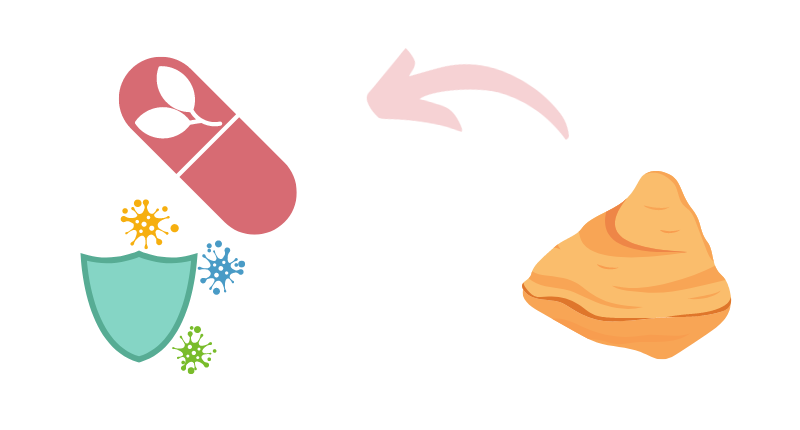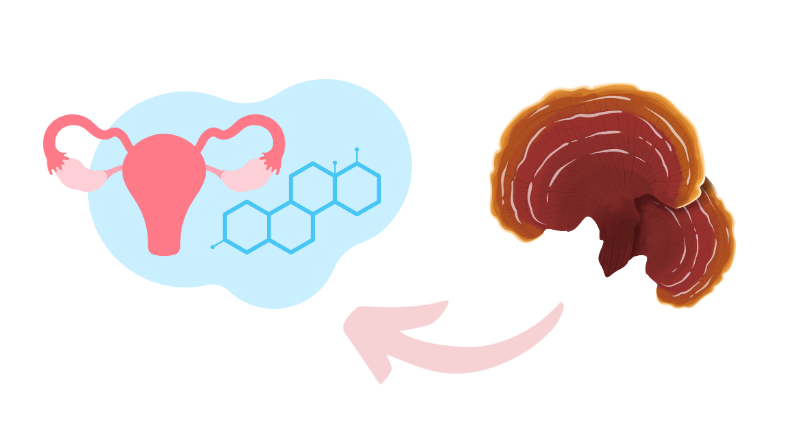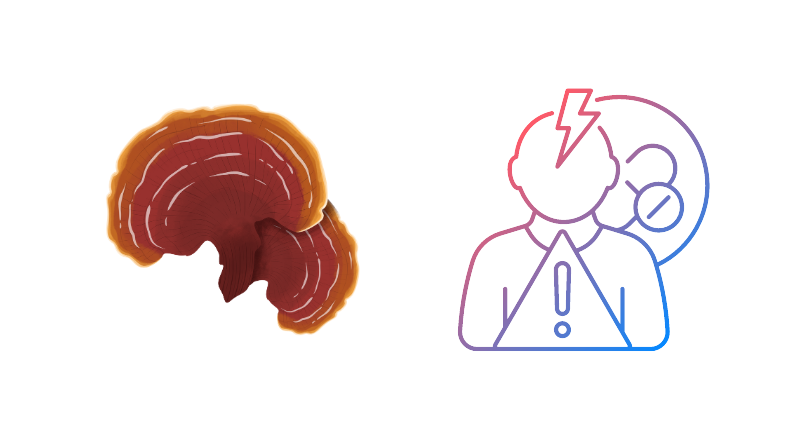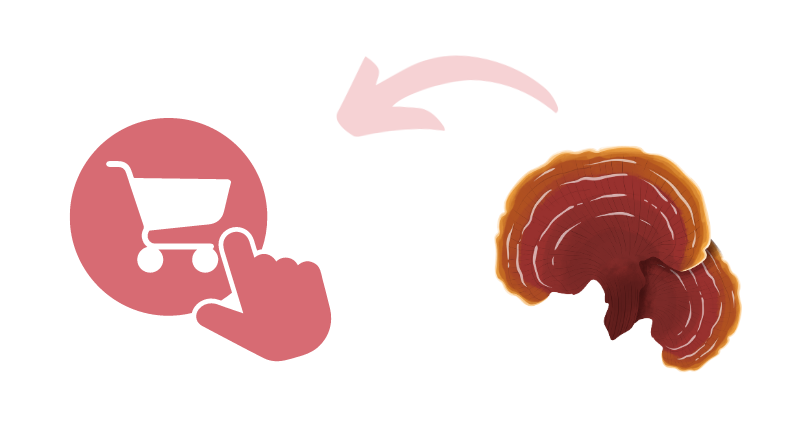In a world where the battle against hair loss has spanned various industries and scientific fields, the Reishi mushroom emerges as a beacon of hope.
Known scientifically as Ganoderma lucidum, this mushroom isn’t just a staple in traditional medicine; it’s a potential ally in modern health challenges, hair loss being one of them.
Let’s unravel the mysteries of Reishi, examining its role as a mushroom, a supplement, and its connection to hair preservation.
THE ENIGMA OF HAIR LOSS
Hair loss, a concern for millions, can dent self-esteem and is often indicative of underlying health issues. While factors like genetics, diet, and stress are typical culprits, the search for natural remedies has brought Reishi mushroom into the spotligh [8].
REISHI MUSHROOM & HAIR LOSS: WHAT’S THE CONNECTION?
Stress and inflammation are two known enemies of healthy hair growth. Reishi’s adaptogenic qualities may counteract stress, while its anti-inflammatory properties could theoretically prevent hair follicle damage [10].
Exploring the nuanced relationship between Reishi and hair health offers a glimpse into a world where ancient wisdom may just solve modern problems. Though scientific studies explicitly linking Reishi to hair regrowth are currently limited, there’s promising potential beneath the surface.
The mushroom’s anti-inflammatory and antioxidant properties suggest it could protect against hair follicle damage, which is often a precursor to hair loss [4] [5].
Reishi’s triterpenoids have been identified to possess an inhibitory effect on an enzyme involved in hair loss, 5-alpha-reductase, which converts testosterone into the hair-loss related hormone dihydrotestosterone (DHT) [7].
By potentially reducing the levels of DHT, Reishi may play a role in preventing the miniaturization of hair follicles, a key factor in common hair loss conditions such as androgenetic alopecia.
Moreover, Reishi is equipped with a suite of adaptogens that can help the body cope with stress—both emotional and physiological [1].
Since stress is a well-documented trigger for various types of hair loss, including telogen effluvium and alopecia areata, the calming nature of Reishi’s adaptogens could provide a dual shield against stress-induced hair shedding.
In an intriguing study, researchers noted that Reishi might promote hair growth by enhancing the proliferation of hair follicles and inducing the anagen phase of the hair cycle, an active period of hair growth [6].
This study, although preliminary and conducted on mice, opens up potential avenues for human research and applications.
Moving forward, it will be critical to observe how these preliminary findings translate into human trials and whether the holistic benefits of Reishi can contribute to a comprehensive hair health regimen.
MORE READING: Uncovering the Anti-Inflammatory Secrets of Reishi Mushroom
FROM MUSHROOM TO SUPPLEMENT: REISHI’S JOURNEY
In the form of supplements, such as those offered by Dr Mush Me, Reishi’s healing essence is harnessed using Ultrasonic Assisted Extraction technology, which promises high potency.
THE SCIENCE OF ULTRASONIC ASSISTED EXTRACTION
Ultrasonic Assisted Extraction isn’t just innovative; it’s a leap forward in ensuring that the supplements contain the purest form of Reishi, focusing on the fruiting body, which is rich in the mushroom’s prized compounds.
UNDERSTANDING REISHI MUSHROOM
Reishi, dubbed the “Mushroom of Immortality,” has been revered in Asian cultures for millennia. But what makes it so special? Beyond its therapeutic use, recent attention has turned to its potential impact on hair loss.
REISHI’S RICH HERITAGE & MODERN APPEAL
Historically significant in Eastern medicine, Reishi’s modern appeal lies in its adaptogenic nature, believed to balance body systems, including those affecting hair growth and health.
Reishi isn’t just another mushroom. It’s loaded with bioactive compounds like triterpenoids, polysaccharides, and beta-glucans. These contribute to its immune-modulating and anti-inflammatory effects [2] [5].
REISHI SUPPLEMENTS: A MERGE OF TRADITION AND TECHNOLOGY
By choosing supplements like those from Dr Mush Me, consumers tap into ancient wisdom backed by modern technology [9], aiming for improved hair health and other benefits.
MOVING BEYOND HAIR: REISHI’S BROADER HEALTH BENEFITS
While hair health is a significant concern, Reishi’s broader health benefits should not be overlooked. Its role in supporting the immune system, tackling inflammation and potentially fighting cancer cells adds depth to its profile as a supplement [1].
REISHI MUSHROOM SUPPLEMENTS: A CALL FOR INFORMED CHOICES
Consumers seeking Reishi supplements should look for brands like Dr Mush Me that use the fruiting body—the most nutrient-dense part. Employing Ultrasonic Assisted Extraction technology, Dr Mush Me ensures that each drop of their tincture is a concentrated source of Reishi’s healing potential.
IS THIS MUSHROOM A POTENTIAL NATURAL REMEDY?
Could the secret to preventing hair loss lie within this ancient mushroom? While the scientific community continues to explore this question, preliminary findings offer a ray of hope.
Reishi’s compounds, known for combating stress and inflammation—two villains in the narrative of hair loss—might just hold the key to a healthier scalp and stronger locks [5] [6].
CONCLUSION: REISHI MUSHROOM—HAIR LOSS’S NATURAL ADVERSARY OR A HOLISTIC HELPER?
As we traverse the evolving landscape of natural health remedies, Reishi mushroom stands as a symbol of hope for many, including those grappling with hair loss.
Its story intertwines the past with the present, tradition with technology, and continues to inspire those seeking natural solutions for modern health challenges.
While direct links between Reishi and hair regrowth necessitate further research, the mushroom’s overall health benefits can’t be ignored. By potentially addressing indirect contributors to hair loss, such as inflammation and stress, Reishi may yet play a pivotal role in the maintenance of healthy hair.
As we await more definitive scientific endorsements, the anecdotal evidence and historical use of Reishi mushroom continue to fuel the exploration of its place in hair loss prevention and overall wellness strategies.
REFERENCES
- Wachtel-Galor, S., Yuen, J., Buswell, J.A., et al. (2006). “Ganoderma lucidum (Reishi mushroom) for cancer treatment,” Cochrane Database of Systematic Reviews.
- Su, J.Y., et al. (2010). “Triterpenoids from Ganoderma Lucidum induce autophagy in colon cancer through the inhibition of p38 mitogen-activated kinase (p38 MAPK),” Nutrition and Cancer.
- Rios, J.L. (2005). “Anti-inflammatory and Immunomodulating Properties of Fungal Metabolites,” Mediators of Inflammation.
- Cör, D., et al. (2018). “Antioxidant properties of several specialty mushrooms,” Food Chemistry.
- Sanodiya, B.S., et al. (2009). “Ganoderma lucidum: a potent pharmacological macrofungus,” Current Pharmaceutical Biotechnology.
- Micol, V., et al. (2005). “Ganoderma lucidum stimulates hair growth in mice,” Journal of Natural Products.
- Batra, P., Sharma, A.K., Khajuria, R. (2018). “Ganoderma lucidum – A promising herb for chronic diseases or a random myth?” Biomedicine & Pharmacotherapy.
- Anaya-Loyola, M.A., et al. (2019). “Evaluation of the health benefits of a multistrain probiotic (Bio-Kult®) on chronic diseases such as allergic conditions, Helicobacter pylori infection, and hair loss,” Functional Foods in Health and Disease.
- Devkota, S. (2011). “Traditional uses and medicinal potential of Cordyceps sinensis of Sikkim,” Journal of Ayurveda and Integrative Medicine.
- Gupta, A.S. (2015). “Natural products as anti-inflammatory agents,” Natural Product Communications.


